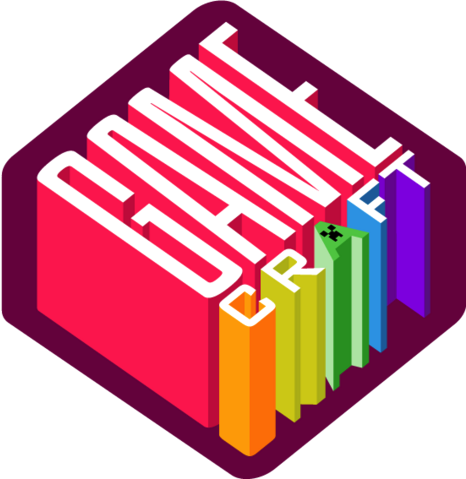Multiple items
module List
from Microsoft.FSharp.Collections
--------------------
type List<'T> =
| ( [] )
| ( :: ) of Head: 'T * Tail: 'T list
interface IEnumerable
interface IEnumerable<'T>
member Head : 'T
member IsEmpty : bool
member Item : index:int -> 'T with get
member Length : int
member Tail : 'T list
static member Cons : head:'T * tail:'T list -> 'T list
static member Empty : 'T list
Full name: Microsoft.FSharp.Collections.List<_>
module List
from Microsoft.FSharp.Collections
--------------------
type List<'T> =
| ( [] )
| ( :: ) of Head: 'T * Tail: 'T list
interface IEnumerable
interface IEnumerable<'T>
member Head : 'T
member IsEmpty : bool
member Item : index:int -> 'T with get
member Length : int
member Tail : 'T list
static member Cons : head:'T * tail:'T list -> 'T list
static member Empty : 'T list
Full name: Microsoft.FSharp.Collections.List<_>
val sum : list:'T list -> 'T (requires member ( + ) and member get_Zero)
Full name: Microsoft.FSharp.Collections.List.sum
Full name: Microsoft.FSharp.Collections.List.sum
val printfn : format:Printf.TextWriterFormat<'T> -> 'T
Full name: Microsoft.FSharp.Core.ExtraTopLevelOperators.printfn
Full name: Microsoft.FSharp.Core.ExtraTopLevelOperators.printfn
val square : x:int -> int
Full name: Document.square
Full name: Document.square
val x : int
val sq : int
Full name: Document.sq
Full name: Document.sq
type Person =
{First: string;
Last: string;}
Full name: Document.Person
{First: string;
Last: string;}
Full name: Document.Person
Person.First: string
Multiple items
val string : value:'T -> string
Full name: Microsoft.FSharp.Core.Operators.string
--------------------
type string = System.String
Full name: Microsoft.FSharp.Core.string
val string : value:'T -> string
Full name: Microsoft.FSharp.Core.Operators.string
--------------------
type string = System.String
Full name: Microsoft.FSharp.Core.string
Person.Last: string
type Employee =
| Worker of Person
| Manager of Employee list
Full name: Document.Employee
| Worker of Person
| Manager of Employee list
Full name: Document.Employee
union case Employee.Worker: Person -> Employee
union case Employee.Manager: Employee list -> Employee
type 'T list = List<'T>
Full name: Microsoft.FSharp.Collections.list<_>
Full name: Microsoft.FSharp.Collections.list<_>
val jdoe : Person
Full name: Document.jdoe
Full name: Document.jdoe
val worker : Employee
Full name: Document.worker
Full name: Document.worker
Multiple items
val int : value:'T -> int (requires member op_Explicit)
Full name: Microsoft.FSharp.Core.Operators.int
--------------------
type int = int32
Full name: Microsoft.FSharp.Core.int
--------------------
type int<'Measure> = int
Full name: Microsoft.FSharp.Core.int<_>
val int : value:'T -> int (requires member op_Explicit)
Full name: Microsoft.FSharp.Core.Operators.int
--------------------
type int = int32
Full name: Microsoft.FSharp.Core.int
--------------------
type int<'Measure> = int
Full name: Microsoft.FSharp.Core.int<_>
namespace System



